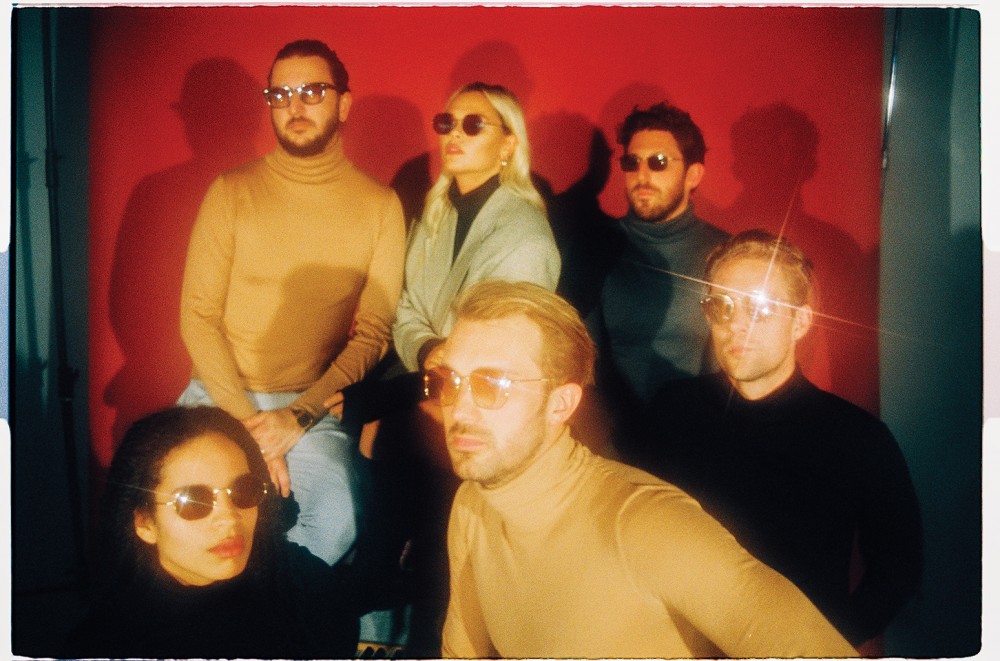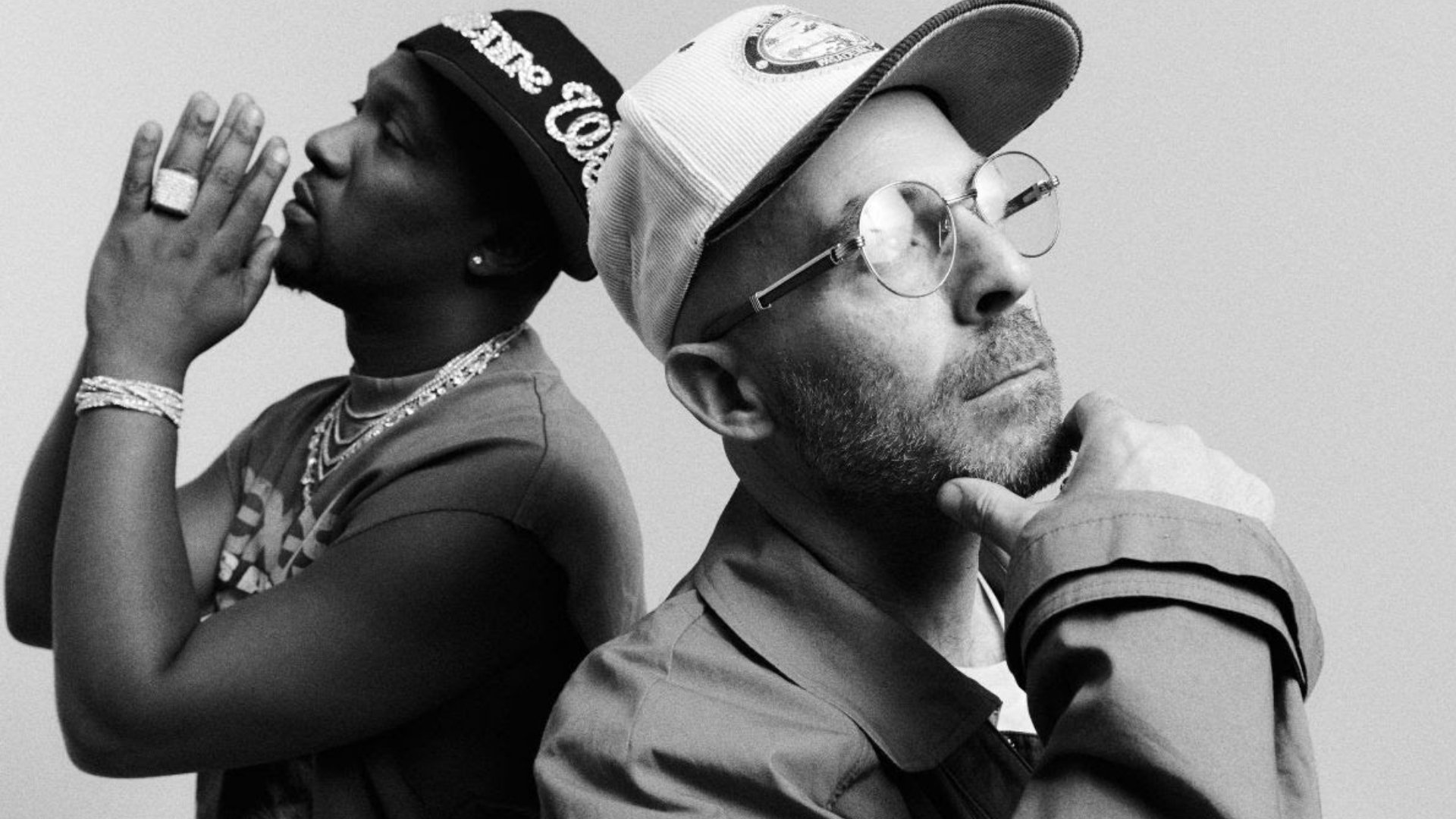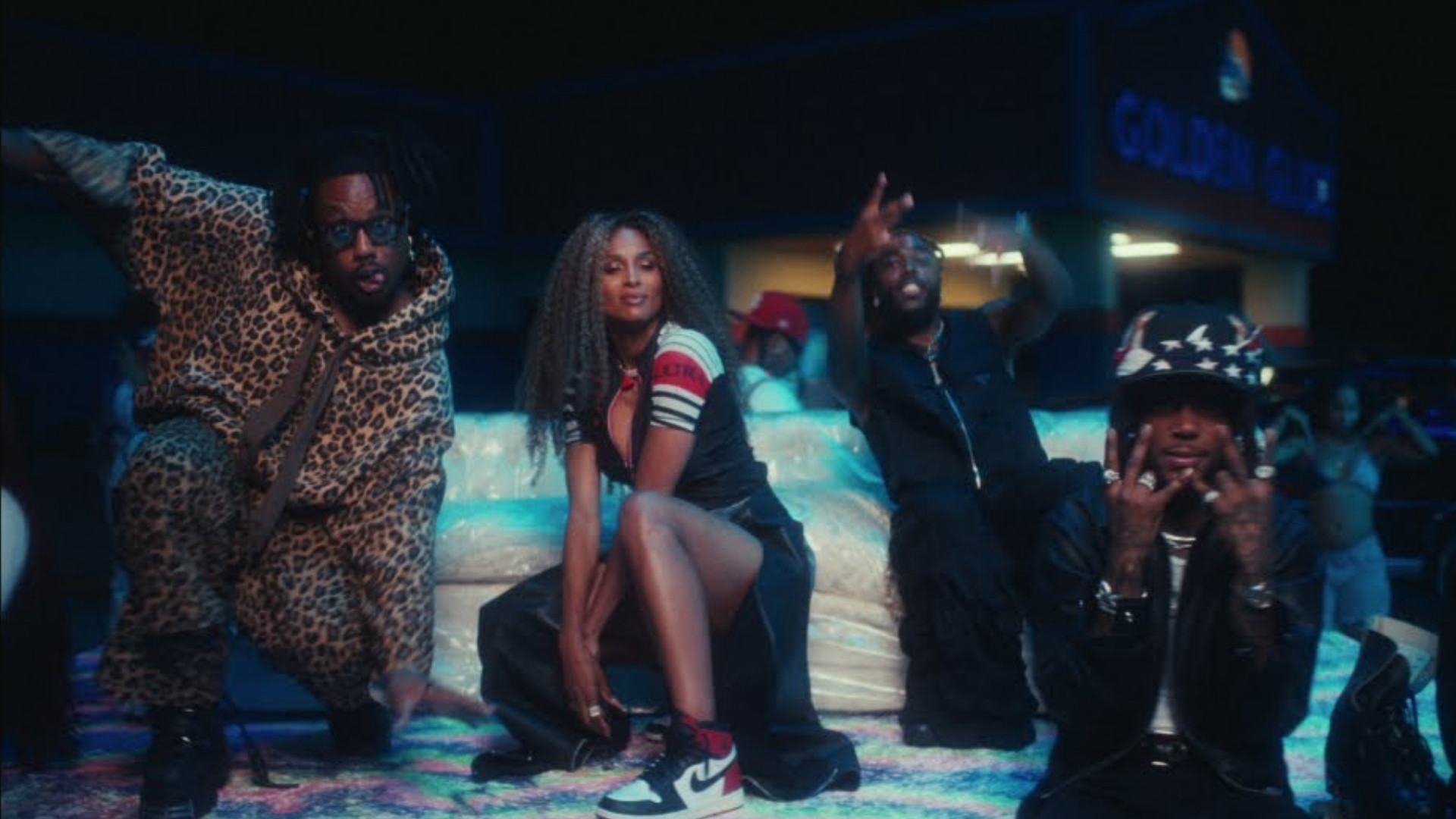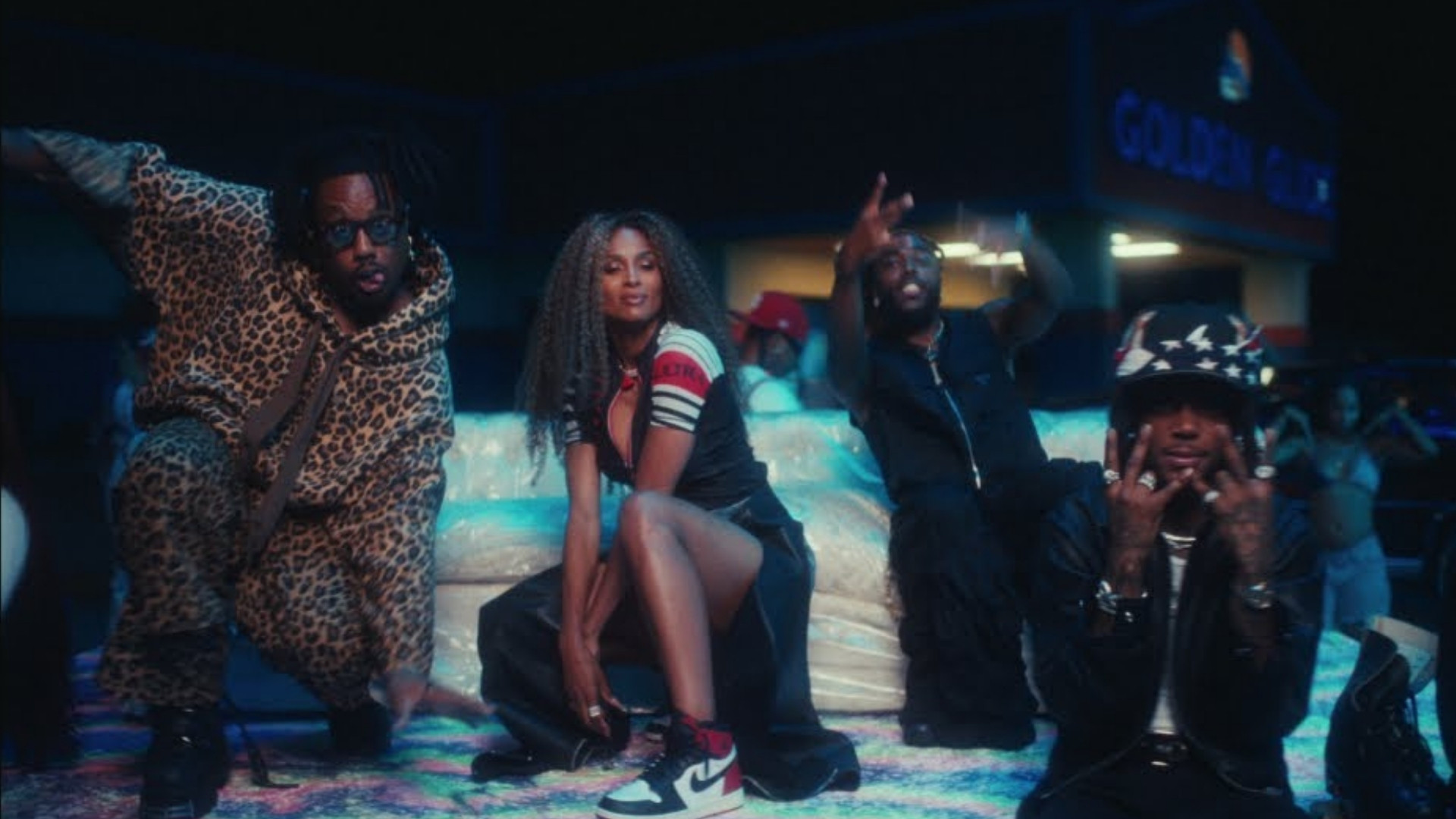After a group of hit-making songwriters came together for a session in California, a band, called ASL, was unwittingly born. Signed to AMLOR Music/Modest! Management, the six-piece — made up of prominent pop songwriters, scattered in age from late 20s to mid-30s — is gearing up to release its third EP by the end of January.
So who, or what, is ASL, exactly? Read more about the Los Angeles-based group below.
One weekend in 2017, John Ryan, co-writer and producer for acts like One Direction and Maroon 5, invited his friends to a rental home in Malibu, Calif., to help him write music for a then-upcoming film. By 3 p.m. the first day, the group — which consisted of songwriter-producers Shungudzo Kuyimba (Little Mix, Jessie Ware), Julian Bunetta (One Direction, Thomas Rhett), Andrew Haas and Ian Franzino (also known as production duo Afterhrs), Liza Owen (BTS) and Teddy Geiger (Shawn Mendes) — found their flow with a romantic track, “Off the Market.”
By 7 a.m. the next day, they had a five-song EP. “At 3 or 4 in the morning, I was like, ‘Are we a band?’ ” recalls Ryan.
Kuyimba suggested the name ASL, referring to the acronym for the age/sex/location identifier from the early internet. “It’s definitely not the most functional, but neither is Lil Xan 998,” she jokes. "Artist names are all over the place now." Six weeks later, the group met again for a two-day stay at a cabin in Santa Monica, Calif. "We wanted to see if it was a fluke," Ryan says. Turns out, it was not: They created a second EP.
Now a six-piece (Geiger joins when she can), ASL meets every six months for 72-hour sessions, choosing a new location each time — and introducing a new set of rules. Kuyimba, who is co-lead singer alongside Ryan, says the two most important are that nothing can be changed once the weekend is over, and everything that’s created gets released.
The group has also established that they're not able to discuss what the next EP is about until they arrive at their destination, which allows the location to help dictate the sound (and subsequently, the EP titles are the locales: Beach House, Cabin). It may sound stressful, but both Kuyimba and Ryan insist that their approach is actually quite freeing.
"It's an explosion of creativity in a really short amount of time," says Ryan. "We’re hoping when people listen, they can feel that urgency and in-the-moment creativity."
Perhaps their biggest secret weapon, though, is a novel mixture of tequila, whiskey and coffee. "When we tell people we make our EPs in three days and we don’t sleep, everyone’s like, 'Cocaine?'" Kuyimba says with a laugh. While alcohol and caffeine certainly boosts stamina for songwriting, Kuyimba suggests that ASL's EP creation is mostly fueled by enthusiasm and excitement. “Our] process is closest to what you think it would be when you dream of being a musician,” she says. “When we make music together, all of the bullshit doesn’t exist.”
In September 2019, ASL signed with Modest! Management’s indie publishing house, AMLOR Music; by the end of January, it will release its third EP, Love Center. Coordinating seven schedules hasn’t been easy — each member still writes and produces for other artists — yet ASL played five shows last year, including Lollapalooza Chicago and a brief residency at Los Angeles venue No Name.
ASL hopes to play more shows this year, and also plans to release at least two more EPs after Love Center before the end of 2020. There's a chance that they'll put out even more music than that, as they're looking to have more sessions — which they fittingly refer to as "ASLs" — around the world, with Japan on the immediate wish list. Ryan says that ASL also hopes to engage fans in the creation of a future album livestream: “We want to show that if you surround yourself with people that you really love, you can make something beautiful.”
Some artists have expressed interest in recording ASL’s songs, but Ryan insists that they release their music themselves. Even so, Kuyimba suggests ASL may have an affect on the artists they work with anyway, thanks to the impact the limitless ASL experience has already had on each member themselves.
"ASL has] solidified more of what we want out of music and out of our own art," Kuyimba says. "It’s made all of music better for all of us."
This article originally appeared in the Jan. 11 issue of Billboard.



